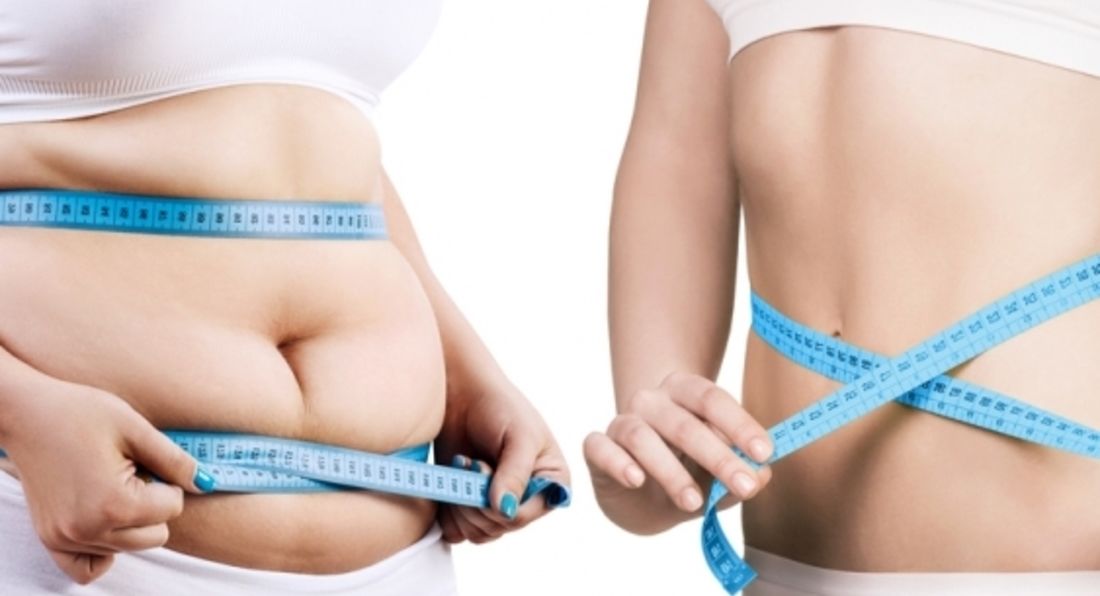Here are some other common symptoms of menopause.
But here’s the thing… During your period years, your body naturally detoxified itself monthly. But when your periods stop, this regular detoxification process ends. This can lead to challenges, as toxins start to accumulate. Over time, this buildup can contribute to a feeling of congestion, and for a while, you may notice this feeling monthly, like your body is getting ready to have another period, but it doesn’t. You may also notice an increase in fat and have the feeling that you want to have a period just so you can detoxify your lower abdomen.
But Menopause stops the body’s natural detoxification system, leading to increased storage of toxins, primarily due to changes in hormone levels and shifts in your body composition.
Toxins are frequently lipophilic, meaning they are fat-soluble. When these toxins accumulate in your body, they tend to get stored in fat cells because they dissolve more readily in fat than in water. This is particularly true of certain organic pollutants and heavy metals. The body may store these toxins in fat tissues as a protective measure to prevent them from circulating continuously through vital organs where they could cause more damage.
While fat cells primarily store fat, they can also absorb and store water, particularly when your body retains fluid due to dietary habits, hormonal changes, or inflammation. Water retention in fat cells can make them appear larger. Both processes can be influenced by your diet, level of physical activity, hormonal health, and genetic factors. Exposure to certain environmental toxins can exacerbate the growth of fat cells by disrupting hormonal balances and metabolic processes.
Minimizing exposure to toxins and adopting a healthy lifestyle that includes a balanced diet, regular exercise, and adequate hydration can help mitigate the negative effects of toxins stored in fat tissues.
And this is why the key strategy for losing weight during menopause is doing multiple detoxification programs.
So what do I mean by that?
To do this I recommend the use of professionally developed and manufactured supplements specifically designed for targeting the cells in your body to release toxins and then transport these toxins out of your body. To do this, the body must mobilize the fat cells where toxins are stored. As the fat cells release their contents for processing by the liver and elimination through the kidneys, sweat, and feces, the toxins along with the fat are released into your bloodstream.
Now I did say multiple detoxification programs.
What I mean by that is that, personally I found that doing a number of detoxification protocols from several different companies helped me. Since they all function slightly differently, I found it helpful to repeat detoxification every few months for a while.
Now I will tell you that I do believe that the use of herbs, vitamins, and other professionally developed detoxification products is going to be crucial in this endeavor and that this is not just a liver or colon cleanse.
Here are a few commonly recommended ingredients that support detox pathways, but I do not recommend just adding one or two to your vitamin regimen, the most effective formulas are those meticulously crafted to ensure that the ingredients work synergistically, and are combined in the correct proportions. But I mention them here so you get an idea of what I mean.
If you’re interested in learning more about specific companies and protocols I recommend, leave a comment below.
Now I want to hear from you. What’s your story about menopause-related weight gain? Leave a comment below and let me know.
If you found value in this article and learned something new about losing instead of gaining weight during menopause, please like and share this article.
And remember to subscribe if you want more practical tips and strategies that can help you live a healthier, happier life.
The next article you should read is this one if you want 5 tips for sleeping better at night.
